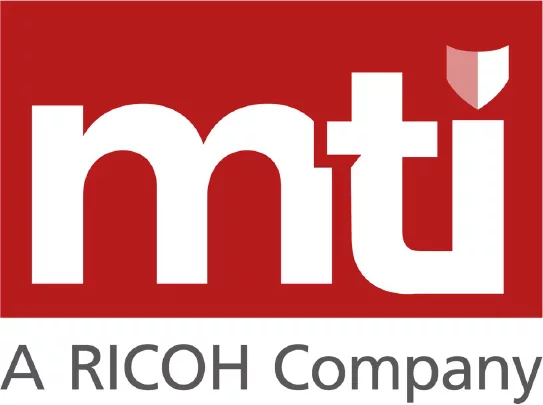In the ABC of any successful modern data centre, there are two ‘A’s that you cannot afford to ignore: agility and automation. Without them, it is hard for any business to be scalable, to grow and to innovate.
Failure to achieve agility and automation makes it harder to deliver new services and improve existing ones more quickly or to streamline and accelerate existing processes in all departments and across all lines of business.
The two ‘A’s may not have been as vital in a traditional, centralised datacentre model but they are vital to the geographically distributed, regionalised hybrid/multi-cloud infrastructure most organisations require to embark on digital transformation.
Implementing Agility and Automation for Digital Transformation
Agility and automation play a significant role in digital transformation. A key aspect of digital transformation involves shifting services away from the core to the edge using technologies such as software-defined platforms, containerisation and cloud.
Modern data centres deploy dynamic, highly available, agile, software-defined compute, network, storage and security resources to provide the agility and flexibility the business requires to respond to swiftly changing demands from internal and external customers alike.
Agility and speed of delivery are key issues for today’s IT teams as organisations adopt more hybrid infrastructures. Many legacy datacentre architectures are unable to meet those objectives.
To overcome those challenges, end-to-end automation of the provisioning and configuration of infrastructure and application components is key. If it is applied effectively, automation can improve the quality of applications and production-ready infrastructure and accelerate its deployment.
A multi-cloud strategy, with workloads and resources allocated to several different private, public multi-tenanted and hyperscaler connect clouds, can help improve flexibility and agility, drive up ROI, strengthen security and minimise downtime and service outages.
With a modernised, software-defined datacentre (SDDC), it is possible to bring cloud resources and platforms into the broader IT estate, creating hybrid cloud environments to streamline and accelerate service delivery, managing them with the same software tools and skills as on-premise assets.
This enables businesses to implement a consistent infrastructure with the same policies across all compute, storage, networking and security assets, whether they sit in the datacentre, the private cloud, one or more public clouds, or across any mix of these.
The standardisation of all compute, storage, networking and security assets, regardless of where they are hosted, makes possible the unified visibility and management of all resources through intelligent operations software. This is essential to the modernised, automated datacentre – flexibility, scalability, agility and automation benefits depend heavily on such insight.
Data centre modernisation and automation is a compelling proposition but it requires sufficient understanding, planning and preparation. Businesses need to take account of their existing infrastructure, available resources, business needs and culture.
MTI has decades of experience in data centre and ensuring operational resilience across organisations. Our industry expertise makes us a ‘safe pair of hands’, the ideal choice and partner to help find the right infrastructure for your organisation.
One of the biggest challenges in enabling application and data mobility across hybrid infrastructure is inconsistency in on-premise and public cloud infrastructure. There is a danger the hybrid cloud environment will struggle to overcome silos and complexity. A consistent experience across hybrid or multi-cloud deployments is a key component of a modern cloud strategy.
MTI and our partners can deliver cloud experience everywhere by enabling cloud agility, seamless data and application mobility, enhanced storage capabilities in a public cloud, and industry-leading Kubernetes data services.
MTI provide tailored storage solutions that are optimised and supported, enabling customers to quickly adopt next-generation technologies, including artificial intelligence and machine learning, to help maximise the value of their data for competitive advantage. Automation and agility are key components of what we provide.
MTI’s Storage Health Assessment enables businesses to gather configuration and performance data from storage systems without disruption. The information provided is used to produce an in-depth analysis and TCO model with recommendations and feedback.
Should any issues, or scope for improvement be identified during the health check, MTI can provide a recommendation that helps you understand the right course of action to take. This could be as simple as steps to maintain the status quo, or it may be the foundation of a new solution design, which we will, of course, assist you with. MTI can also advise you on the best solutions to suit your individual use case.
It should not have escaped anyone’s notice that there are two ‘A’s in data. MTI can help you to make sure agility and automation are an integral part of your datacentre strategy. Book a call with one of our experts to discuss your requirements and discover how we can help your organisation.
Additional Resources
If you are starting a datacentre modernisation project or already have a project underway, our Datacentre Modernisation and Automation Guide is packed with insights and tips to help you.

